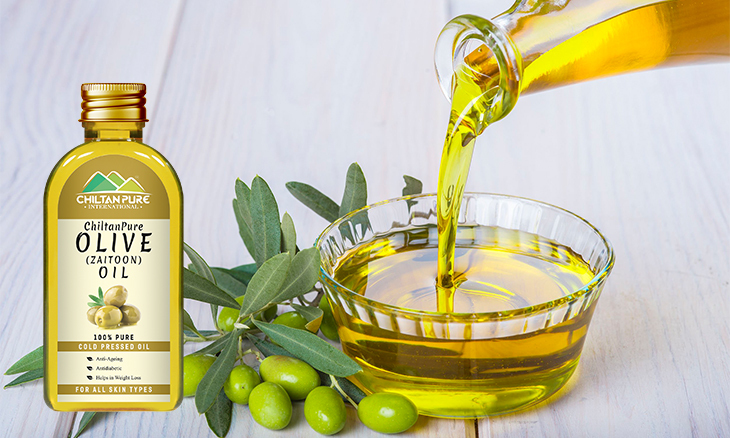
Olive oil, an integral part of the Mediterranean diet, improves your heart health.
Monica EVO (Olive Oil Supplement), a combination of olive oil and modern Mediterranean recipes, is known to be one of the healthiest foods. This is all you need to know.
What Is Olive Oil?
Olive Oil was first used in the Mediterranean 6,000 years ago in the famous olive groves in Iran, Syria, Palestine, and the Mediterranean.
Olive oil has long been used in religious ceremonies, medicine, and as a food ingredient in many different cultures.
There are three types you can purchase in the United States of Olive Oil:
Extra virgin olive oil, olive oil, and light-tasting olive oil. About 60% of North American olive oils are different virgin gels, which can be used in refrigeration, exhaust, cooking, and other purposes. Olive oil can also be used in a variety of recipes. Because it has a neutral flavor, it can also be used for baking and cooking when you don't use it.
How Olive Oil Is Made
Olive oil is made using olive oil that has been produced from olives grown in olive tree groves, especially in the Mediterranean. It is extracted from the olive paste after it has been harvested.
The finished product will be stored in stainless-steel tanks that are protected from sunlight or oxygen. Oil must be poured into a black container before it can be kept in new condition.
The International Olive Council's standards allow you to buy extra virgin oil from olives that have been cooked without the use of chemicals or high heat. Olive oil is good for your health because it preserves phenols. However, refined olive oil is made using heat and solvents, resulting in light oil, and it can be combined easily with other fats.
How does Olive Oil compare to Other Popular Oils?
Although you already know the right fat to use for your cooking, each tablespoon contains approximately one tablespoon of calories (about 140) and one tablespoon of fat (about 14g). A specific fat structure distinguishes it. Here are the steps to add olive oils to other cooking oils.
Avocado Oil Avocados are mainly MUFA, and avocado oil is similar to olive oils. It contains 1.6g saturated fat, 9.9g of MUFA, and 1.9g PUFA.
Canola Oil Rapeseed Oil, the most unsaturated oil, is high in nutrients. It's similar to olive oils, as it has 8.9 grams MUFA. Based on 3.9g rapeseed olive oil, the PUFA content. Also, 1 gram is saturated fat.
Grapeseed Oil This oil mainly contains PUFA (9.5 g), 2.5 g MUFA (3.0 g), and 1.3 G saturated fat (3.3 g). Right top (MUFA & PUFA help raise cholesterol and are associated with heart health.
Coconut Oil Tropical oils can be very different from olive oils. It contains saturated fat (111.2 g, about 83%) and less than 1 g MUFA.
A study of middle-aged men consuming three tablespoons of coconut butter, butter, or extra virgin olive oil for four weeks revealed that their fat LDL ("bad") cholesterol levels were higher than those found in olive and coconut oils. . LDL levels are not affected by coconut oil or olive oil. Still, coconut oil can increase HDL ("good") cholesterol over olive oil. The majority is still using coconut oil.
What have studies shown about the health benefits of olive oil?
Olive oil is one of the best fats for heart health. Screenings were done on more than 7,200 women 55+ for signs and symptoms of heart disease. People who ate more olive oil had a 35% - 48% lower risk of dying from heart disease. A 10g serving of extra virgin olive oil (about one tablespoon) reduces the risk of heart disease by 10% and the chance of dying by 7%.
It effectively protects your heart from MUFA, Phenol, and Vitamin E. It is also known to be an anti-fat agent and anti-inflammatory. Improves root function and insulin sensitivity. Researchers say cats must be included in any protection against the virus. Here are some thoughts. Eating fruits, vegetables, and nuts also benefit your heart health.
Olive oil can be good for your health and long-lasting. One study found that those who consumed half of a tablespoon of oil per day had a 19% less risk of shortness than those who used olive oil sparingly. The risk of suffering from heart disease and malignant neoplasms is low. The authors recommend replacing butter, margarine, or mayonnaise with olive oils.
